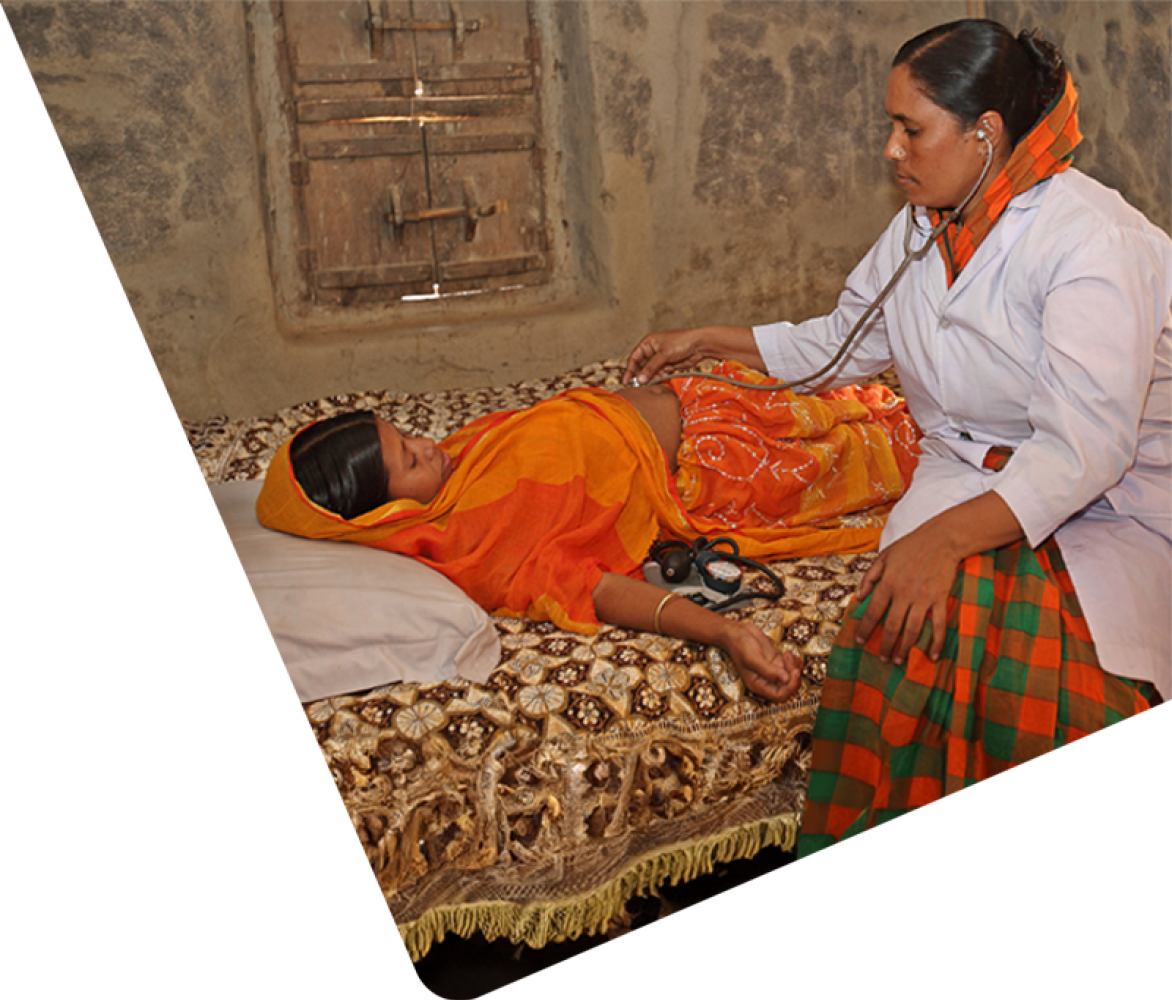The Future of Health Systems: Achieving Equity by Embracing Inclusion

This fifth webinar in our Future of Health Systems Webinar Series explored equity as both an outcome and a process. In Global Health, inequities are often identified through differences in outcome-level health indicators based on wealth, geography, or other factors. Actions to address inequities focus on increasing access to services by expanding the physical location of those services; improving the quality of services such as available supplies and health workers; or providing financial protection against catastrophic health expenditures. We know from established frameworks that converting input-level change into outcome-level results happens through processes. Equity has not been traditionally addressed as a process that is critical to driving outcome-level reductions in inequities. By infusing equity into health systems strengthening processes, we can accelerate progress toward change. For example, ensuring that health systems are responsive to underserved populations requires active engagement and full participation of these populations in healthcare decisions at community, district, and national levels, and such engagement is best promoted through employees throughout the health system who understand the equity imperative as part of the process of their work.
In this webinar, you will hear about equity in both process and outcomes – where everyone has a fair opportunity to attain their optimal health – achieved in part through inclusive practices. Panelists discuss the importance of understanding and addressing the underlying systems issues and root causes that impede equity. They highlight how addressing structural, organizational, and systemic factors is essential, and how the benefit of layering approaches influences systemic change rather than focusing solely on individual-level interventions. They discuss challenges and highlight the importance of engaging local partners, meeting local priorities, and ensuring that interventions are robust and focused on specific contexts. They talk about the need to engage a diverse range of people - ranging from funders to healthcare service providers to individuals living with disabilities to underrepresented voices - in the planning, implementation, and evaluation of programs in order to achieve equitable outcomes. And they discuss the need for effective mechanisms, financial resources, and a systems change approach to address health inequities, particularly in regions facing complex changes. Watch the webinar recording to hear about this and so much more.
Abt’s Jodi Anthony, Principal Associate, Population Health, Abt Global, introduced the topic and led the insightful discussion that included diverse perspectives shared by the experts, including Jodi Charles, Equity Team Leader, Office of Health Systems, USAID; Phyllis Heydt, Founder, The Missing Billion Initiative; and Miguel Pulido, Chief of Party, Local Health System Sustainability Project, Colombia.
MODERATOR:
- Jodi Anthony, Principal Associate, Population Health, Abt Global
PANELISTS
- Jodi Charles, Equity Team Leader, Office of Health Systems, USAID
- Phyllis Heydt, Founder, The Missing Billion Initiative
- Miguel Pulido, Chief of Party, Local Health Systems Sustainability Project, Colombia
Find out more about The Future of Health Systems series--and register for upcoming events!
